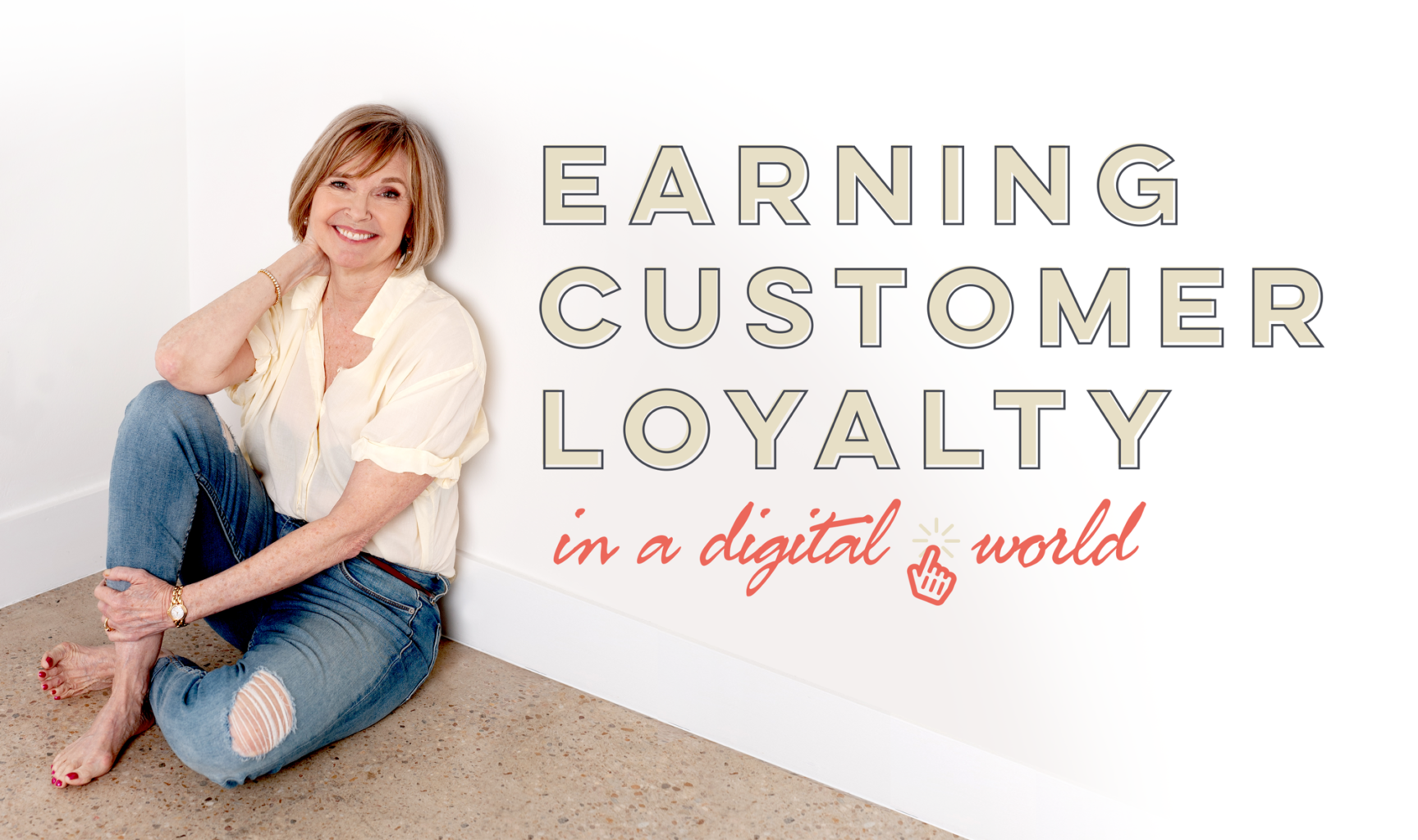
How To Engineer A Successful Career And Life
According to the National Sciences Board, women account for only 28% of workers in science and engineering fields, even though they account for half of all science and engineering degrees.
This comes as no surprise to Eva Saravia, who, as one of the few female senior executives in the military simulation industry, is used to being the only woman in the room.
Saravia, the daughter of two Guatemalan immigrants, currently serves as vice president of global programs at BISim, the world’s largest provider of training simulation software to the US Army. She’s developing technology for the Army’s Synthetic Training Environment initiative — a cutting-edge program to modernize our military’s virtual training.
I recently had the privilege of interviewing her. Here are some of the highlights of that interview:
Jill Griffin: Where did you grow up? Describe your early childhood and its significance on your life.
Eva Saravia: My parents emigrated to the U.S. from Guatemala in their 20’s and settled in Boston where I was born. I spoke Spanish until I started kindergarten where I began to learn English. We lived in the city of Boston until I was 8 and then moved to the suburbs. I also have two younger brothers which made for a busy house. I was taught that family is important and there was always “extra” family in our home, whether it was a grandmother, a cousin, aunt or uncle.
My parents were always hard working. My father worked full time as a technician and also completely restored the house we lived in. My mom worked as a nanny and housekeeper for affluent Boston families. My parents taught us that education and hard work was the way to attain the American Dream. They did this by example. My father took training classes while working and my mother made sure that we were always done with our homework. They were the first in their families to immigrate to the U.S., the first to purchase a home, and the first to have children attend and graduate college.
The significance of my upbringing is an appreciation for hard work and education.
Griffin: When did you first get the whisper you belonged in business?
Saravia: I always enjoyed school projects. Coordinating the activities and coming up with the plan for the team. I liked to be the lead. My dad would help me. It was fun to brainstorm ideas, design solutions, identify how to re-purpose materials and household goods, put together all the pieces and prepare to present to the class.
Business for me was just an extension of the problem solving I enjoyed. Engineering was a way for me to work in the technology industry and project management was where I found my best fit.
Griffin: Was there an early teacher that inspired you? Who and how?
Saravia: My third grade teacher, Ms. Cohen. Every day she would put a math challenge problem on the board. I looked forward to working on those. She was always supportive of my interest in math and science and would give me extra challenges on the side. I know, I’m a nerd. She was the first person I remember, besides my parents, that encouraged me and made me believe that I was good at academics.
Griffin: What’s a great piece of business or life advice you received, who gave it to you, and how has it enhanced your life?
Saravia: Be your own advocate. It’s not a single piece of advice that I received, it’s a combination of what I learned from my parents and mentors throughout my career. To me, it means to take chances, speak up, seek opportunities and acknowledge your own strengths. It is what I tell my children and people that ask me for advice.
Griffin: Please give me the top three bullet points in your personal leadership credo.
Saravia:
- Lead by example e.g. don’t ask more of others than you are willing to do yourself
- Like what you do. If you don’t, you are in the wrong career
- Recognize the strength in others and give them opportunity to succeed.
Griffin: Describe a painful setback in your life and what it taught you.
Saravia: I thought I had everything figured out in my 20s. I worked part time in a rewarding career, took care of my two small children and supported my husband’s career. Then suddenly I was a divorced single mom where my career hadn’t been a priority for several years. I knew I had to take charge of my own career to ensure that I would always be able to care for myself and children. I went back to work full time, took on a new responsibility at work and enrolled in graduate school. I worked hard for several years before I felt secure again.
Griffin: What advice do you have for young, talented, ambitious women who want to rise?
Saravia: Get out of your comfort zone in order to grow. Build a network of friends, peers, role models and mentors.
Griffin: As one of the few females in the male-dominated military industry, how do you stand your ground? What has this taught you?
Saravia: I have never thought of it as standing my ground. Being prepared and confident in my preparation, be it education or experience, allows me to contribute and add value
Griffin: You left a more established company for one that was smaller. Why? What was that like? What did you learn?
Saravia: I was very comfortable at Northrop Grumman (NG). I was one of the early hires for a new project with a lot of young people. I spent 12 years working with the same group until it became more like family. I had access to resources, a network of mentors, and the safety of a long term government program. I like to think that I am conservative and not a natural risk taker and staying at Northrop Grumman would have been the “safest” choice for me. I knew the work, had proven myself, and had a good balance between my career and family. What I was missing was opportunity. I knew there were a lot of options within the company, if I could move, which wasn’t an option for me. I missed that thrill and satisfaction that comes with trying something new. I needed to challenge myself and get out of my comfort zone.
I had heard that Bohemia Interactive Simulations (BISim) was planning to stand up a U.S. based Project Management Office (PMO) and needed someone to lead the effort. Even during the interview process, I knew that Bohemia was going to be a good fit for me. There was an entrepreneurial feel to the company that appealed to me. Immediately I was given a lot more responsibility and my contributions were larger and more impactful than they had been at Northrop Grumman. Even though I led large projects with Northrop, there was always the safety net with the size of the company. With Bohemia it was scary and exciting and I really had no safety net. I had to get more comfortable taking risks, speaking up, trying things out, and failing early. I’ve learned about international markets, working with internationally distributed teams, about product development and leveraging commercial gaming technologies to meet Department of Defense training needs at high fidelity and low cost. We are at the forefront of military training and it’s an exciting place to be.



